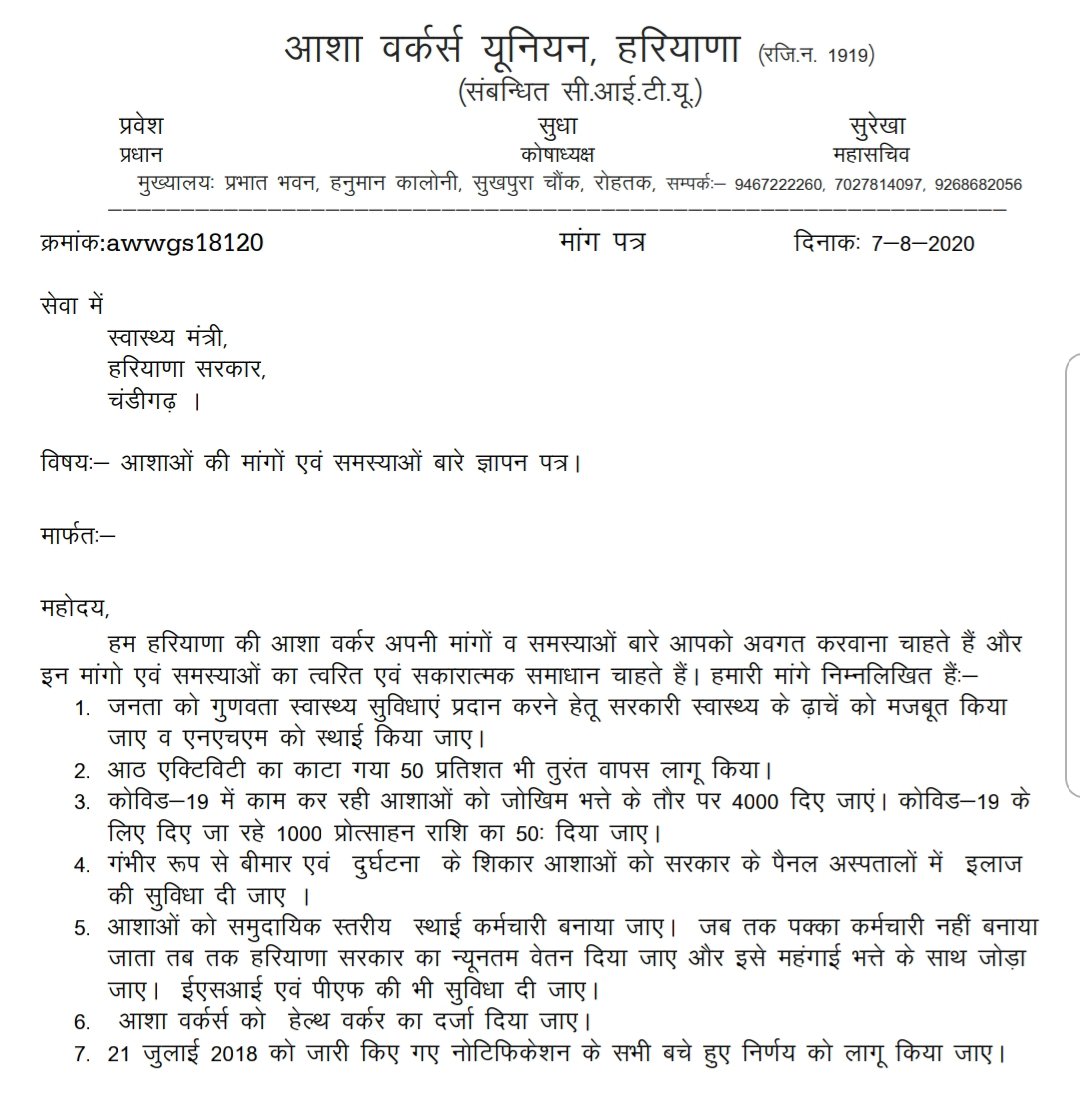Jharkhand goes to vote in #LokSabhaElections2019 on May 6th for the 4th time since it was formed in the year 2000. We look at women’s representation from the state in this thread.
1 woman MP - Suman Mahto of Jharkhand Mukti Morcha (JMM) won the bye-poll from Jamshedpur constituency in 2007 after her husband’s assassination.
2004, 2009 and 2014 Lok Sabha elections did not see a single woman MP from the newly formed state.
2004, 2009 and 2014 Lok Sabha elections did not see a single woman MP from the newly formed state.
In Jharkhand, women have done better as independents than as contestants from political parties -
6/9 in 2004
4/14 in 2009
6/18 in 2014 - women candidates contested as Independents.
CPI (ML) gave 3
CPI and JMM gave 1 ticket each to women contestants since 2004.
6/9 in 2004
4/14 in 2009
6/18 in 2014 - women candidates contested as Independents.
CPI (ML) gave 3
CPI and JMM gave 1 ticket each to women contestants since 2004.
In undivided Bihar, women MPs from Jharkhand districts fared better than as a separate state
Rita Verma (BJP) from Dhanbad
Kamla Kumari (INC) from Palamau were elected to the Lok Sabha 4 times
Rita Verma (BJP) from Dhanbad
Kamla Kumari (INC) from Palamau were elected to the Lok Sabha 4 times
+
Sumati Oraon (1984,1989) from Lohardaga
Lalita Rajya Lakshmi (1957, 1962) were elected twice as MPs
Sumati Oraon (1984,1989) from Lohardaga
Lalita Rajya Lakshmi (1957, 1962) were elected twice as MPs
Kamla Kumari, 4 time MP from Palamau was a formidable Dalit leader in undivided Bihar.
She served as the Union Deputy Minister, Agriculture and Rural Reconstruction between 1982-83.
Between 1967-70, she was on the Executive Committee, All India Depressed Classes-League.
She served as the Union Deputy Minister, Agriculture and Rural Reconstruction between 1982-83.
Between 1967-70, she was on the Executive Committee, All India Depressed Classes-League.
She served on the Parliamentary Committee for National Policy on Education (1967-68).
And the Committee on the Welfare of Scheduled Castes and Scheduled Tribes, 1971-73.
Source: http://164.100.47.194/loksabha/writereaddata/biodata_1_12/1808.htm
And the Committee on the Welfare of Scheduled Castes and Scheduled Tribes, 1971-73.
Source: http://164.100.47.194/loksabha/writereaddata/biodata_1_12/1808.htm
Sumati Oraon, 2-time Scheduled Tribe MP from Lohardaga in undivided Bihar served as the Union Minister of State, Environment and Forests between July-December 1989.
+
Between 1982-84, Sumati Oraon was the member, Consultative Committee, Labour and Welfare, and member of Committee on the Welfare of the Scheduled Castes and Scheduled Tribes.
She also served on the Joint Committee on Bofors, 1985-87.
Between 1982-84, Sumati Oraon was the member, Consultative Committee, Labour and Welfare, and member of Committee on the Welfare of the Scheduled Castes and Scheduled Tribes.
She also served on the Joint Committee on Bofors, 1985-87.
+
Sumati Oraon edited 'Samanadhikar'- a monthly Magazine on SC, ST and marginalised sections.
Source: Lok Sabha
Sumati Oraon edited 'Samanadhikar'- a monthly Magazine on SC, ST and marginalised sections.
Source: Lok Sabha
Rita Verma (BJP), the 4 time MP from Dhanbad served as the Union Minister of State for Mines and Minerals, Health and Family Welfare, HRD and Rural Development between 1999-2003.
Source: web.archive.org/web/2013060103…
Source: web.archive.org/web/2013060103…
Percentage of women contestants from Jharkhand in #LokSabhaElections2019 Phase 6
https://twitter.com/adrspeaks/status/1126078683683254272
• • •
Missing some Tweet in this thread? You can try to
force a refresh







